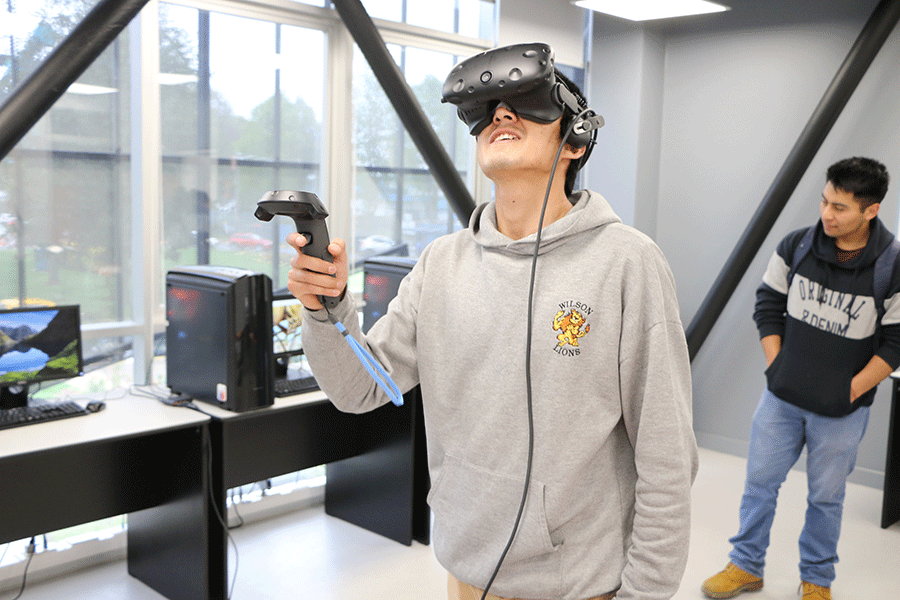|
The conference will take place online, on Thursday, November 26. |
National and international experiences related to the practical training process of engineers, based on virtual and augmented reality, and the work with remotely operated equipment, will be the main topics in the first international conference organized by the Macro-Faculty of Engineering in Chile. The international conference, called “How to ensure the practical training of engineers in times of pandemic”, will take place online, on Thursday, November 26, starting at 10 a.m. (Chilean time), and is supported by the Training and Internationalization Nodes of the consortium, which is composed of the Faculties of Engineering of the universities Universidad de Talca, Universidad del Bío-Bío and Universidad de La Frontera (UFRO). The conference consists of two panels. The first one addresses the topic “Experiences with Virtual and Augmented Reality”, with participation of international speakers, such as Uriel Cukierman, the director of the Research Center for Innovative Education (CIIE) of the National Technological University in Argentina, and Peter Cleveland from Auckland University of Technology in New Zealand. The Chilean speakers are Jorge Baier, the director of the Office of Education in Engineering at Pontificia Universidad Católica de Chile, and Diógenes Hernández of the Faculty of Engineering at Universidad de Talca. The second panel deals with the topic “Experiences with remotely operated equipment”, which will be addressed by the speakers Dr. Manuel Macías of the School of Engineering and Sciences at Monterrey Institute of Technology and Higher Education in Mexico, Dr. Víctor Tenorio of the Mine Intelligence Research Group of the University of Arizona in the United States, as well as by the Chilean speaker Dr. Iván Cornejo of the Department of Chemical and Environmental Engineering at the Federico Santa María Technical University. “Virtual and augmented realities are being used in educational environments to complement other standard teaching material. Remote laboratories, which can be accessed through the Internet, have a great potential and competitive advantages, such as the fact that they can be used and accessed 24 hours a day, 7 days a week, with a simple reservation,” explained Ivonne Gutiérrez, the director of the Training Node of the Macro-Faculty at UFRO. “These are all mature technologies that we must adopt and that allow us to create new learning scenarios based on innovative technologies and methodologies,” she added. Meanwhile, Susana Candia, the director of the Internationalization Node of the consortium at UFRO, explained that “distance learning is a topic that will continue to position itself in the future; and practical training in a distance mode for future engineers is a topic that has been widely discussed during this second semester of 2020. We think that it is important to introduce tools that are commonly used in the field of engineering, such as remote operation technologies and augmented reality, which can also be used within universities, in order to ensure that the training of our engineers has the same quality as usual, no matter if we use in-person or remote classes”. “For the Internationalization Node, it is important to maintain our networks and to be active during this pandemic, and we believe that this kind of activity is a great way to discuss current issues and to get together with other people in our field of knowledge,” she concluded. Written by: Mauricio Antivil Morgado
|





